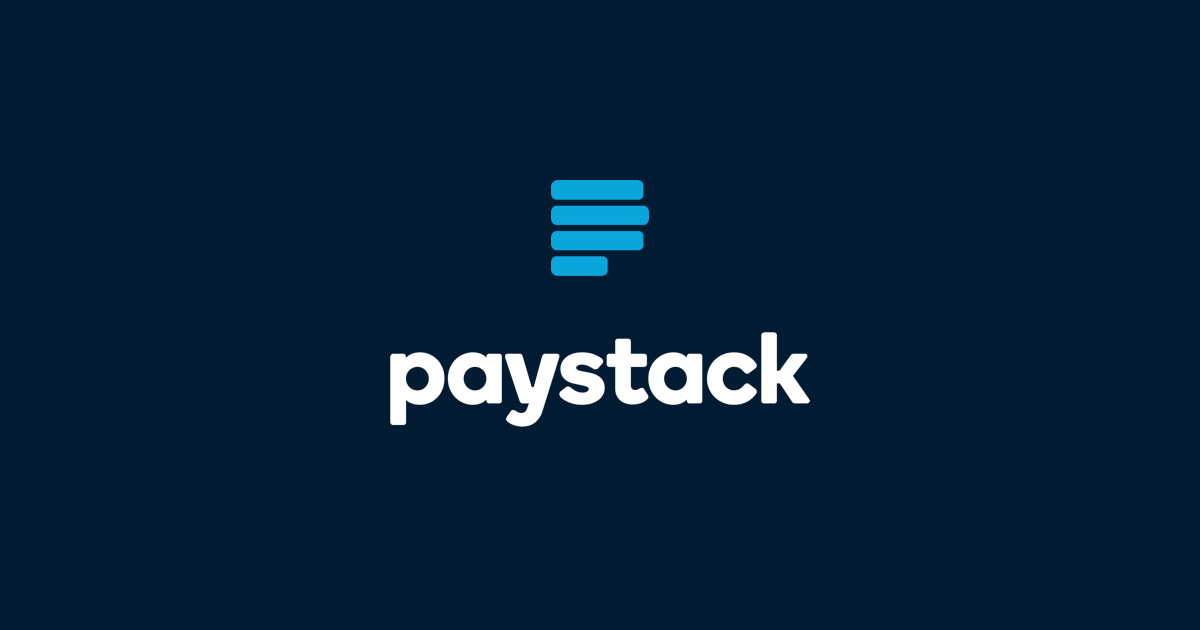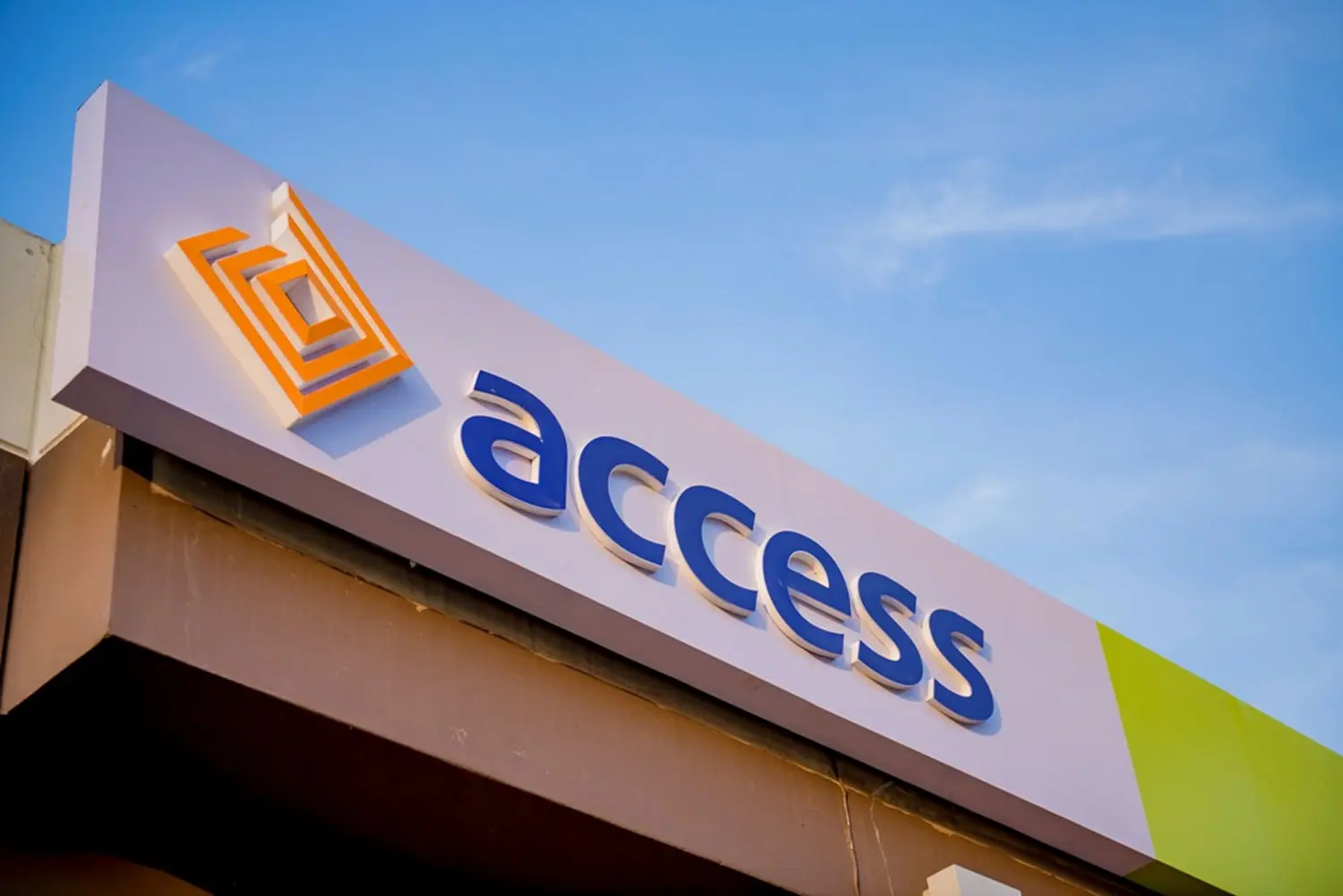Paystack, the Nigerian fintech acquired in 2020 for $200 million by Stripe, is laying off 33 workers in Europe and UAE. The company’s CEO, Shola Akinlade confirmed this in a tweet today, saying the layoff is happening because Paystack is reducing its operations outside Africa.
“In the last 3 years, our hiring philosophy was to recruit great talent regardless of location, including opening an engineering hub in Dubai,” Akinlade revealed in the tweet. “We’re changing our operating model to prioritise locating team members within the markets we serve, to localise costs and get closer to customers.” According to Akinlade, the affected staff will be getting a severance package which includes four months’ salary, accelerating equity vesting, and an extension of health insurance by three months.
Paystack’s primary market is Nigeria, where the local currency has been devalued by more than half since June this year. In Kenya, the fintech’s second market, the shilling has fallen by almost 20% from this time last year. The fintech also operates in South Africa and Ghana, countries where inflation continues to erode purchasing power and pose a challenge for businesses and governments.
In November last year, Paystack’s parent company, Stripe laid off 14% of its workforce. The US payment giant further reduced headcount in June this year, according to reporting from The Information.
Per LinkedIn data, Paystack has 27 employees in the United Arab Emirates, 25 employees live in the United Kingdom. And seven other staffers reside in the European Union countries of Germany, Portugal, and France, data from LinkedIn shows.
The layoffs come at a time Paystack is expanding its offerings to take advantage of the surge in electronic payments in its primary market, Nigeria. In October, TechCabal exclusively reported that Paystack is launching virtual terminals, a new product that allows merchants to accept payments with bank transfers for multi-person businesses. More recently, the Stripe-owned fintech announced a direct debit product that will allow Nigerian businesses to charge customers’ bank accounts directly.























